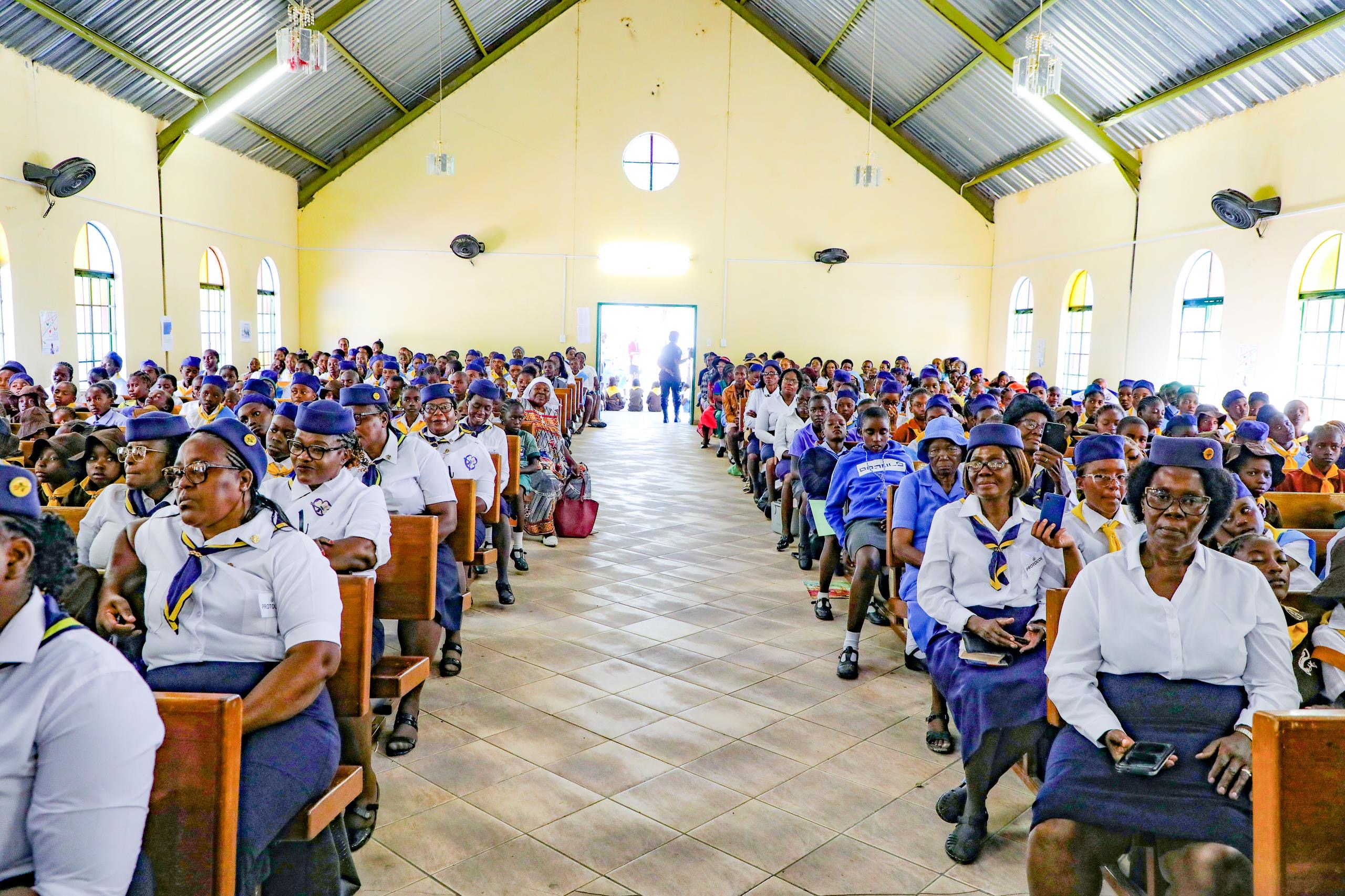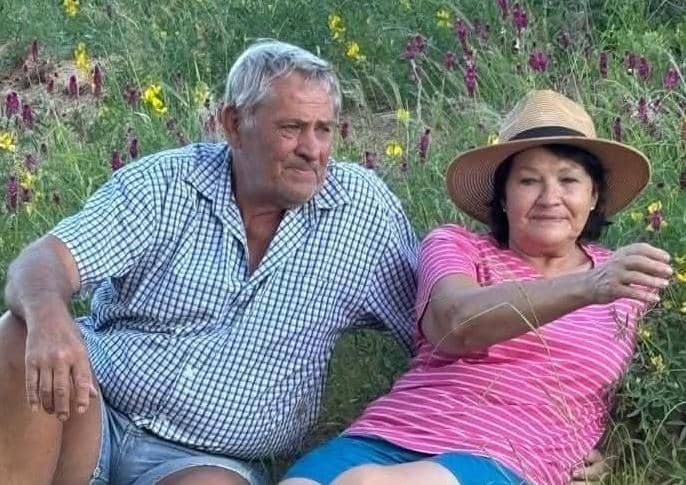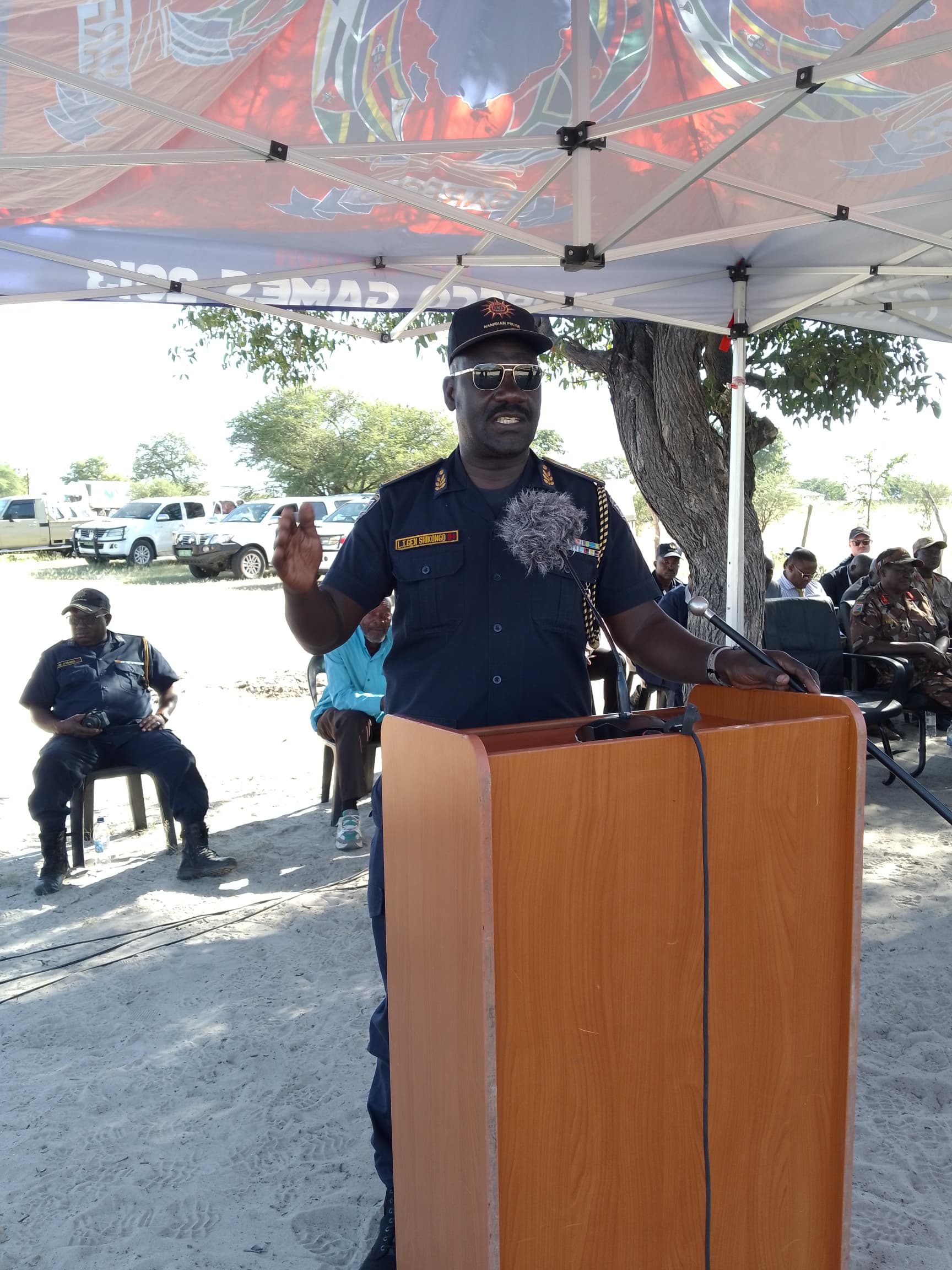SWAPO backbencher Reggie Diergaardt flipped through the chapters of his own life when he delivered his maiden speech in the National Assembly last week, adopting a markedly different approach to his colleagues.
Addressing the House with close to evangelical fervour, he called on MPs to show more compassion for the poor and the unemployed and to adopt an attitude of caring and servitude. His life journey had taken him “to hell and back again”, and the experiences had left their mark on his skin, he related.Now more than ever, said Diergaardt, he understood the plight of the poor and the unemployed, having experienced this during his time away — he was last in the House in 1993.”What people need is a worthwhile life, not just mere existence; not just simple survival,” he told fellow MPs.Diergaardt said it was “tragic” to witness the number of child beggars on Namibian streets and that society was just “pushing aside” what was supposed to be the future of the country.He acknowledged the many selfless efforts by the churches and other organisations to alleviate their plight, but pleaded for a national dialogue on the subject.Diergaardt said leaders had to let their agenda be guided by the plight of the poor.Echoing the sentiments of President Hifikepunye Pohamba, Diergaardt said he too believed that poverty could only be alleviated through employment opportunities.He told the House that it needed to adopt “caring as a lifestyle” and that it was only through their interaction with other people that they would truly be people themselves.”If we can just return to being the caring community which we once were, our children will again be able to play in parks without fear and the spontaneous joy of our youth will again fill our streets and places of recreation,” said a passionate Diergaardt.Diergaardt said the plight facing the nation required that parliamentarians understood the “principle of servanthood”, saying he was deeply aware of this and more ready than ever to make his contribution.”The urgency of the hour calls for leaders of wise judgement and sound integrity’ leaders not in love with money, but in love with justice; not in love with publicity, but in love with humanity; leaders who can subject their particular egos to the greatness of the cause,” he said.His life journey had taken him “to hell and back again”, and the experiences had left their mark on his skin, he related.Now more than ever, said Diergaardt, he understood the plight of the poor and the unemployed, having experienced this during his time away — he was last in the House in 1993.”What people need is a worthwhile life, not just mere existence; not just simple survival,” he told fellow MPs.Diergaardt said it was “tragic” to witness the number of child beggars on Namibian streets and that society was just “pushing aside” what was supposed to be the future of the country.He acknowledged the many selfless efforts by the churches and other organisations to alleviate their plight, but pleaded for a national dialogue on the subject.Diergaardt said leaders had to let their agenda be guided by the plight of the poor.Echoing the sentiments of President Hifikepunye Pohamba, Diergaardt said he too believed that poverty could only be alleviated through employment opportunities.He told the House that it needed to adopt “caring as a lifestyle” and that it was only through their interaction with other people that they would truly be people themselves.”If we can just return to being the caring community which we once were, our children will again be able to play in parks without fear and the spontaneous joy of our youth will again fill our streets and places of recreation,” said a passionate Diergaardt.Diergaardt said the plight facing the nation required that parliamentarians understood the “principle of servanthood”, saying he was deeply aware of this and more ready than ever to make his contribution.”The urgency of the hour calls for leaders of wise judgement and sound integrity’ leaders not in love with money, but in love with justice; not in love with publicity, but in love with humanity; leaders who can subject their particular egos to the greatness of the cause,” he said.
Stay informed with The Namibian – your source for credible journalism. Get in-depth reporting and opinions for
only N$85 a month. Invest in journalism, invest in democracy –
Subscribe Now!










